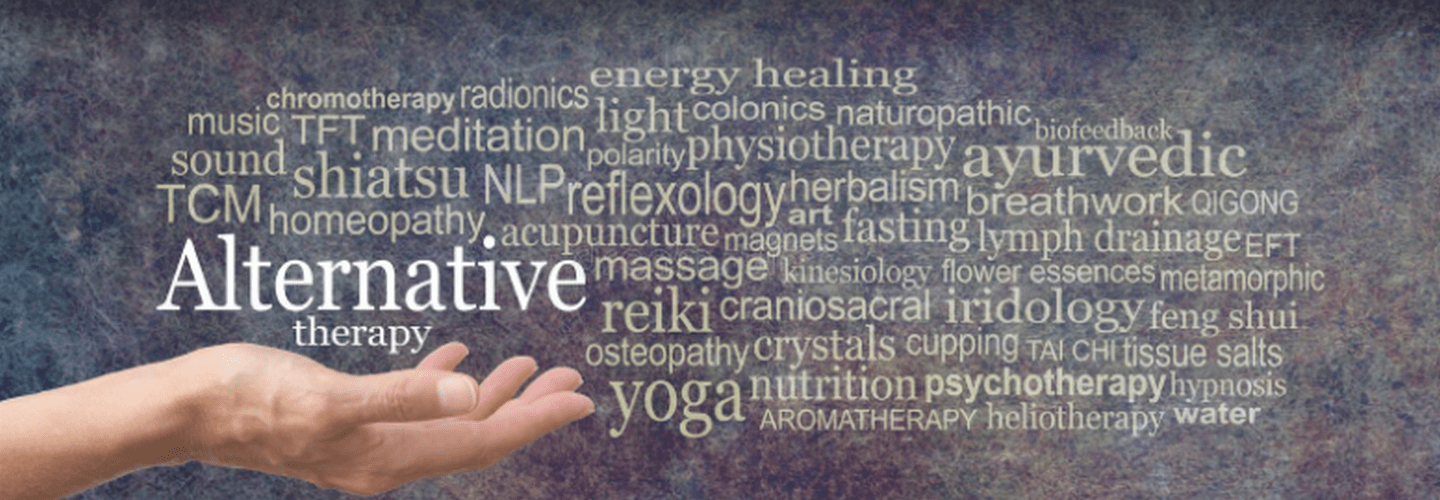
Discover the ultimate hypnotherapy techniques for deep insomnia relief. Embrace Progressive Muscle Relaxation to ease physical tension and calm your mind. Visualize peaceful scenes and engage in positive imagery to aid in achieving restful sleep.
Explore Self-Hypnosis Techniques for a personalized approach to reprogramming negative thought patterns. Activate sleep induction scripts to guide you into deep relaxation for better sleep quality. Integrate Mindfulness Meditation into your bedtime routine for managing insomnia. Uncover the power of these transformative tools to experience profound relief from insomnia and embrace rejuvenating sleep.
Key Takeaways
- Self-hypnosis techniques for personalized relaxation and reprogramming negative thoughts.
- Sleep induction scripts to guide deep relaxation and promote better sleep quality.
- Visualization and imagery methods for engaging the mind positively and aiding in restful sleep.
- Progressive Muscle Relaxation for reducing physical tension and calming the mind.
- Mindfulness meditation for managing insomnia and promoting restful sleep patterns.
Progressive Muscle Relaxation
One effective technique for combating insomnia is Progressive Muscle Relaxation, a method that involves systematically tensing and then relaxing different muscle groups in the body. This practice helps in reducing physical tension and calming the mind, making it easier to fall asleep.
During a Progressive Muscle Relaxation session, individuals typically start by focusing on their breath and then proceed to perform a body scan, bringing attention to each muscle group from head to toe. By consciously tensing each muscle group for a few seconds and then releasing the tension, individuals can experience a deep sense of relaxation.
This tension release not only promotes physical relaxation but also helps in alleviating mental stress and anxiety.
Visualization and Imagery

Utilizing visualization and imagery techniques can be a powerful tool in promoting relaxation and improving sleep quality for individuals struggling with insomnia. These techniques engage the mind in a positive way, helping to calm racing thoughts and induce a sense of tranquility conducive to falling asleep.
Here are some key methods that can aid in achieving restful sleep:
- Dream Interpretation and Lucid Dreaming: By exploring the symbolism and themes in your dreams, you can gain insights into your subconscious worries or desires, which may be impacting your sleep. Lucid dreaming, where you are aware that you are dreaming, can also be a fascinating way to enhance your visualization skills and create a sense of control over your dream environment.
- Guided Visualization: Following a guided visualization or mental rehearsal before bedtime can help steer your mind away from stressors and towards peaceful scenarios, preparing your body and mind for a night of restorative sleep.
- Mental Rehearsal: Visualizing yourself successfully maneuvering challenging situations during the day can alleviate anxiety and promote a sense of confidence, potentially reducing insomnia related to stress or worry.
Self-Hypnosis Techniques

Exploring the practice of self-hypnosis can offer individuals struggling with insomnia a personalized and empowering approach to promoting relaxation and improving sleep quality. Through guided hypnosis sessions, individuals can tap into their subconscious mind to address underlying issues contributing to their insomnia. By incorporating relaxation audios and positive affirmations during self-hypnosis, individuals can create a calming environment that fosters deep relaxation and mental tranquility.
During self-hypnosis, individuals can focus on specific subconscious suggestions aimed at reprogramming negative thought patterns related to sleep, replacing them with positive beliefs that support restful and rejuvenating nights. This technique enables individuals to take control of their sleep health by fostering a state of inner peace and tranquility conducive to falling asleep and staying asleep throughout the night.
Sleep Induction Scripts

An effective approach to facilitating relaxation and promoting better sleep quality involves the use of carefully crafted sleep induction scripts in hypnotherapy sessions. These scripts are designed to guide individuals into a state of deep relaxation, making them particularly useful for those struggling with insomnia.
When it comes to hypnotherapy for anxiety relief and stress management through sleep induction scripts, the following points are essential:
- Customization: Tailoring the sleep induction script to address specific anxieties or stressors can enhance its effectiveness in calming the mind and body.
- Visualization Techniques: Incorporating vivid imagery and soothing visualizations can help individuals unwind and let go of tension, promoting a restful sleep experience.
- Positive Affirmations: Introducing positive affirmations into the script can reframe negative thought patterns, fostering a more optimistic mindset conducive to relaxation and improved sleep quality.
Mindfulness Meditation

Implementing mindfulness meditation techniques can be a valuable tool in managing insomnia and promoting restful sleep patterns. Mindfulness meditation involves focusing on the present moment without judgment, which can help calm the mind and relax the body, making it easier to fall asleep.
Two key components of mindfulness meditation that can aid in combating insomnia are body scans and breathing exercises.
Body scans are a mindfulness practice where you mentally scan your body from head to toe, paying attention to any areas of tension or discomfort. By bringing awareness to these areas, you can release physical tension and promote relaxation, which is beneficial for those struggling with insomnia.
Breathing exercises are another essential aspect of mindfulness meditation. Deep, slow breathing can activate the body’s relaxation response, reducing stress and anxiety levels that often contribute to sleep disturbances. By focusing on the rhythm of your breath, you can quiet the mind and prepare your body for restful sleep.
Incorporating mindfulness meditation techniques, such as body scans and breathing exercises, into your bedtime routine can help improve sleep quality and alleviate insomnia symptoms.
Frequently Asked Questions For Deep Insomnia Relief
Can Hypnotherapy Be Done Remotely or Online?
Virtual sessions for hypnotherapy can be just as effective remotely. Studies show that remote sessions can achieve similar outcomes to in-person sessions, making it a convenient and accessible option for those seeking hypnotherapy treatment.
Is Hypnotherapy Safe for Pregnant Women?
Hypnotherapy can be safe for pregnant women when conducted by a qualified professional. While it may offer benefits such as reducing stress and anxiety, potential risks exist, requiring thorough assessment and precautions to guarantee effectiveness and safety.
How Many Sessions Are Needed for Insomnia Relief?
Finding the right balance of session frequency for insomnia relief varies based on individual client progress. Long-term results often require consistent treatment over several weeks to months. The duration can vary, but progress is key for effective outcomes.
Can Hypnotherapy Help With Recurring Nightmares?
Hypnotherapy can help address recurring nightmares by assisting in trauma processing and exploring dream interpretation. Through deep relaxation and guided imagery, hypnotherapy can uncover underlying causes of nightmares, providing relief and resolution.
What if I Fall Asleep During a Hypnotherapy Session?
During a hypnotherapy session, falling asleep is a common concern. Potential benefits of falling asleep include subconscious receptivity. Risks involve missing parts of the session. Managing expectations and ensuring comfort through open communication with the therapist can address this issue effectively.
Conclusion
To sum up, incorporating hypnotherapy techniques such as Progressive Muscle Relaxation, Visualization and Imagery, Self-Hypnosis, Sleep Induction Scripts, and Mindfulness Meditation can greatly aid in providing relief for deep insomnia.
By exploring these methods, individuals struggling with sleep issues may find a path towards improved rest and relaxation.
Remember, the early bird catches the worm – take the necessary steps to address your insomnia and prioritize your well-being.

Take the Next Step
Do not be afraid to reach out to me, Mark , to assist you in any issues you might have. Need a good listener or someone to confidentially talk too? . Life Coaching is 45 minute session, once a week.
Self-Hypnosis is taught in one session, individual sessions or in a group, and lasts a lifetime. Most Hypnotherapy sessions including Age regression last 2 hours and EFT Sessions are usually handled with a one hour session
To make an appointment, first listen to the Pre-talk and fill out the Complementary Healthcare Provider Disclosure. The use the Contact Form to request an appointment with, Mark, The Bohol Hypnosis Expert.
Self-help downloads are available to help you with specific problems. The self-hypnosis program to teach you how to self-hypnotize yourself is available here.





